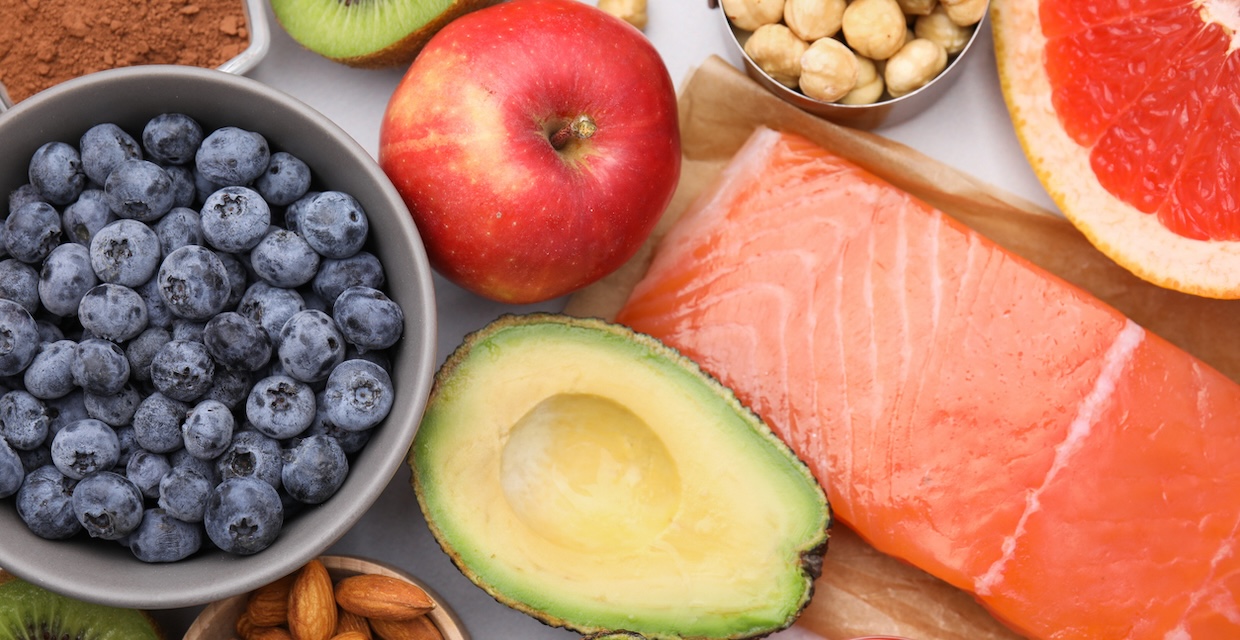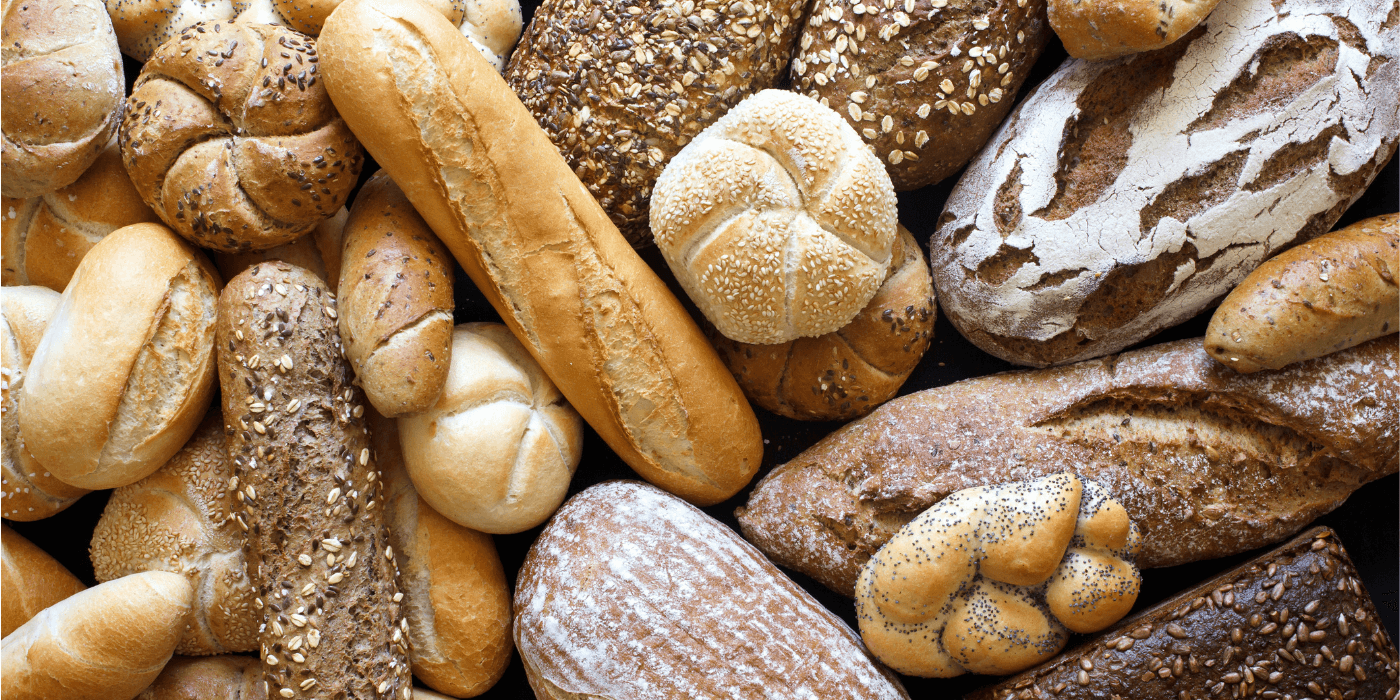Polycystic Ovary Syndrome (PCOS) affects millions of women worldwide, presenting a complex web of symptoms that can significantly impact quality of life. From irregular periods and weight gain to insulin resistance and inflammation, PCOS creates challenges that extend far beyond reproductive health. However, emerging research reveals that diet plays a pivotal role in managing this condition, offering hope and practical solutions for those seeking to regain control over their health.
The relationship between nutrition and PCOS is intricate yet powerful. Unlike many conditions where diet serves as a supportive measure, in PCOS management, what you eat directly influences the underlying mechanisms driving your symptoms. The foods you choose can either exacerbate inflammation and insulin resistance or serve as therapeutic tools to restore hormonal balance and improve metabolic function.
Understanding this connection empowers women with PCOS to make informed dietary choices that go beyond simple weight management. A well-designed PCOS diet addresses multiple aspects of the condition simultaneously: reducing chronic inflammation, improving insulin sensitivity, supporting healthy weight maintenance, and promoting regular ovulation. This comprehensive approach recognizes that PCOS is not just about the ovaries—it’s a systemic condition requiring a holistic nutritional strategy.
The evidence supporting dietary intervention in PCOS management continues to grow, with studies demonstrating significant improvements in both clinical symptoms and laboratory markers when women adopt specific eating patterns. From Mediterranean-style diets rich in anti-inflammatory compounds to low-glycemic approaches that stabilize blood sugar, the right nutritional framework can transform how your body responds to this challenging condition.
Understanding PCOS and Its Metabolic Impact

PCOS fundamentally alters how your body processes nutrients, particularly carbohydrates and fats. The condition creates a state of chronic inflammation throughout the body, which research shows is associated with heart disease and other serious health complications. This inflammatory environment disrupts normal hormonal signaling, leading to the characteristic symptoms of irregular periods, excess androgen production, and metabolic dysfunction.
Insulin resistance stands at the center of PCOS pathophysiology, affecting up to 80% of women with the condition. When cells become resistant to insulin’s effects, the pancreas compensates by producing more insulin, creating a cascade of hormonal imbalances. This excess insulin stimulates androgen production in the ovaries, contributing to symptoms like acne, hair growth, and irregular ovulation.
The metabolic disruption extends beyond insulin, affecting how your body manages blood sugar throughout the day. Women with PCOS often experience dramatic blood sugar swings, leading to energy crashes, intense cravings, and difficulty maintaining stable energy levels. This metabolic instability makes weight management challenging and can perpetuate the cycle of hormonal imbalance.
Evidence-Based Dietary Approaches for PCOS
Mediterranean Diet: The Anti-Inflammatory Powerhouse
The Mediterranean diet has emerged as one of the most effective dietary patterns for PCOS management. This approach eliminates saturated fats, processed meats, and refined sugars, making it a powerful tool to address the chronic inflammation characteristic of PCOS. The diet’s emphasis on omega-3-rich fish, olive oil, and abundant vegetables provides natural antioxidants and anti-inflammatory compounds that directly combat the inflammatory processes underlying PCOS symptoms.
Research demonstrates that Mediterranean-style eating patterns help improve insulin sensitivity while providing sustained energy through high-fiber foods. The diet’s focus on whole grains, legumes, and healthy fats creates meals with favorable glycemic responses, helping to stabilize blood sugar levels throughout the day.
Low-Glycemic Index Approach

Low-glycemic diets have shown remarkable benefits for women with PCOS, particularly in managing insulin resistance and reducing cardiovascular risk factors. These diets emphasize minimally processed, fiber-rich foods like whole wheat bread, sweet potatoes, chickpeas, lentils, apples, and oats, which help manage appetite and carbohydrate cravings while reducing weight gain.
The glycemic index ranking system shows how quickly blood sugar rises after eating different carbohydrates. Choosing mostly low or moderate GI foods causes blood sugar levels to rise slowly, which can improve insulin levels and reduce insulin resistance. Studies have linked low-GI eating patterns with more regular menstrual cycles, a key benefit for women with PCOS.
Low-carbohydrate and Ketogenic Approaches
Research supports moderate carbohydrate reduction as an effective strategy for PCOS management. A study found that reducing dietary carbohydrates to 43% of total energy intake significantly lowered fasting and post-meal insulin concentrations compared to a standard diet. This approach can be particularly beneficial for women with PCOS who are looking to lose weight or improve insulin resistance.
Low-carbohydrate diets work by directly addressing the insulin resistance that drives many PCOS symptoms. By limiting carbohydrate intake, these diets reduce the demand for insulin production, potentially improving the body’s sensitivity to this crucial hormone over time.
Essential Foods for PCOS Management
Protein-Rich Foundations
Lean proteins form the cornerstone of an effective PCOS diet, providing essential amino acids while helping maintain stable blood sugar levels. Optimal choices include skinless chicken, turkey, fish (especially omega-3-rich varieties like salmon and mackerel), eggs, and plant-based options like tofu and tempeh. These proteins don’t cause blood sugar spikes and help maintain satiety between meals.
Fatty fish deserves special attention in PCOS nutrition due to its high omega-3 content. These essential fats help reduce the chronic inflammation associated with PCOS while supporting cardiovascular health. Aim for one to two portions of oily fish weekly, supplemented with plant-based omega-3 sources like chia seeds, flaxseeds, and walnuts.
Fiber-Rich Vegetables and Fruits
Non-starchy vegetables should comprise a significant portion of every PCOS meal, providing essential nutrients while supporting healthy blood sugar management. Leafy greens like spinach, kale, and arugula offer concentrated nutrition with minimal carbohydrate impact. Cruciferous vegetables, including broccoli, cauliflower, and Brussels sprouts, provide fiber and compounds that support hormone metabolism.
When selecting fruits, focus on low-glycemic options that provide vitamins and antioxidants without causing dramatic blood sugar spikes. Berries, apples, oranges, and other whole fruits offer fiber that slows sugar absorption, making them preferable to fruit juices or dried fruits.
Complex Carbohydrates and Whole Grains

Whole grains provide sustained energy while supporting insulin sensitivity when chosen carefully. Brown rice, quinoa, barley, and oats offer fiber and nutrients that refined grains lack. These complex carbohydrates help prevent the blood sugar spikes that can worsen insulin resistance and PCOS symptoms.
Legumes and pulses like lentils, chickpeas, and beans deserve special recognition in PCOS nutrition. These foods combine protein, fiber, and complex carbohydrates in a package that supports stable blood sugar while providing plant-based protein. Their high fiber content promotes satiety and supports digestive health.
Healthy Fats for Hormone Production
Healthy fats play crucial roles in hormone production and inflammation management. Avocados, nuts, seeds, and olive oil provide monounsaturated and polyunsaturated fats that support cardiovascular health and hormone synthesis. These fats also enhance the absorption of fat-soluble vitamins and contribute to meal satisfaction.
Foods to Avoid or Limit
Refined Carbohydrates and Sugars
Refined carbohydrates represent the primary dietary culprits in PCOS symptom exacerbation. White bread, pastries, sugary desserts, and anything made with white flour cause rapid blood sugar spikes that worsen insulin resistance. These foods provide calories without beneficial nutrients while promoting the inflammatory processes that drive PCOS symptoms.
Sugar in all its forms—including high fructose corn syrup, dextrose, and sucrose—should be strictly limited in a PCOS diet. Sugary beverages like sodas and fruit juices deliver concentrated sugar loads that can overwhelm the body’s ability to manage blood glucose effectively.
Processed and Inflammatory Foods
Processed foods high in saturated fats, trans fats, and artificial additives contribute to the chronic inflammation characteristic of PCOS. Fried foods, processed meats, and packaged snacks should be minimized or eliminated from the diet. These foods not only worsen inflammation but often contain hidden sugars and unhealthy fats that can disrupt hormonal balance.

